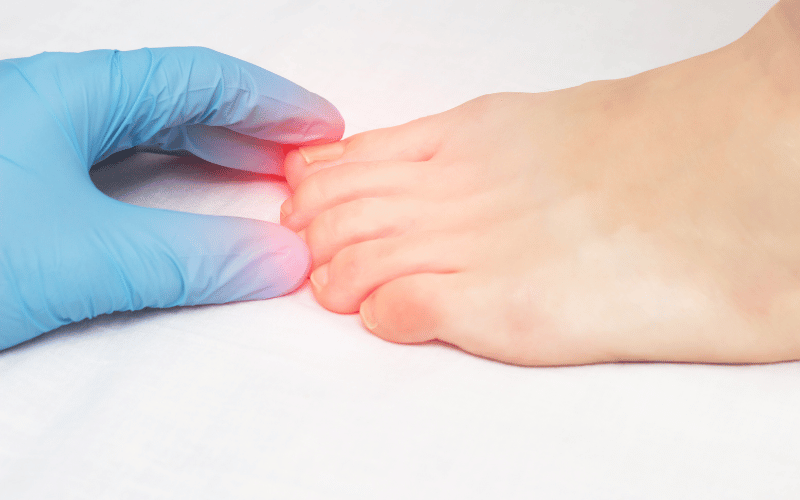Frequently Asked Questions (FAQs) about Mycosis Fungoides
Advertisements
 Advertisements
Advertisements
1. What exactly is Mycosis Fungoides?
Mycosis fungoides is a type of non-Hodgkin lymphoma that primarily affects the skin. It originates from a particular subset of white blood cells, called T-cells, which become malignant and accumulate in the skin, leading to various symptoms.
2. How is Mycosis Fungoides different from other skin conditions?
Unlike other skin conditions that might be inflammatory or autoimmune in nature, mycosis fungoides is a type of cancer. Its manifestations on the skin might resemble other dermatological issues, but the underlying cause is the proliferation of cancerous T-cells.
3. Are there specific risk factors associated with Mycosis Fungoides?
While the exact causes are still under research, potential risk factors include certain genetic mutations, prolonged exposure to specific chemicals, some viral infections, and possibly a history of autoimmune disorders.
4. How is Mycosis Fungoides diagnosed?
Diagnosis typically involves a skin biopsy, where a small sample of the affected skin is examined under a microscope. Further tests, like blood tests or imaging, might be needed to assess the disease’s extent or rule out other conditions.
5. Can Mycosis Fungoides be cured?
Treatment outcomes vary. Early-stage mycosis fungoides can often be managed effectively with skin-directed therapies, leading to remission. Advanced stages might require more aggressive treatments, including chemotherapy or stem cell transplants. While a complete cure might not always be possible, many individuals achieve prolonged periods of remission with appropriate treatment.
6. Are there any lifestyle changes or self-care measures to manage the condition better?
Yes, maintaining good skincare routines, protecting the skin from excessive sun exposure, managing stress, and regularly monitoring symptoms can aid in managing the condition. It’s also essential to consult with a dermatologist regularly and stay updated about new treatments or research findings.
7. Is Mycosis Fungoides contagious?
No, mycosis fungoides is not contagious. It is a result of malignant changes in certain immune cells and cannot be transmitted from one individual to another.
Conclusion: A Comprehensive Perspective on Mycosis Fungoides
Navigating the complexities of mycosis fungoides presents a profound journey into the intricacies of the human body, the resilience of spirit, and the importance of understanding. This rare skin condition, though centered on dermatological manifestations, encapsulates broader medical, psychological, and social implications.
As we’ve journeyed through the multifaceted realms of its symptoms, underlying mechanisms, treatment landscapes, and frequently asked questions, the emphasis on holistic care and early intervention stands out. While the disease itself remains a testament to the unpredictable nature of cellular biology, the advances in its management highlight the strides medicine has made.
For those diagnosed with mycosis fungoides, the road might seem challenging, filled with uncertainties and adjustments. Yet, with the right resources, medical guidance, and a supportive community, it’s a journey that can be undertaken with courage and hope.
Equally crucial is the role of continuous education, research, and dialogue. By fostering a space for conversation, raising awareness, and pushing the boundaries of scientific inquiry, the future for understanding and managing mycosis fungoides looks promising.
In the end, mycosis fungoides serves as a poignant reminder of the delicate balance of health, the significance of early detection, and the enduring strength of the human spirit in the face of adversity.